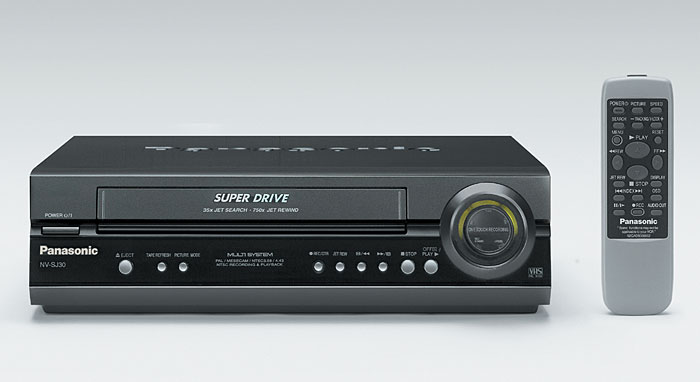
The Rise and Fall of VCR
The Video Cassette Recorder or VCR was once the king of home entertainment. It allowed us to record our favorite TV shows, watch rented movies, and even pause live television. But with the advent of digital technology, the VCR's reign came to an end. So, when did VCR die?
The first VCR was introduced in the 1950s, but it was too bulky and expensive for the average consumer. It wasn't until the 1970s that VCRs became more affordable and popular. The VHS format dominated the market, with companies like JVC and Sony producing VCRs and VHS tapes.

VCRs reached their peak in the 1980s and 1990s. People could rent movies from video rental stores like Blockbuster and Hollywood Video. They could also record TV shows and movies to watch later. However, in the early 2000s, the DVD format started to become more popular. DVDs had better picture and sound quality, and they didn't suffer from the wear and tear that VHS tapes did.
The Decline of VCR
The decline of VCR was slow and steady. In 2002, DVD sales surpassed VHS sales for the first time. VCRs were still being produced, but they were becoming harder to find in stores. By 2006, major retailers like Best Buy and Walmart had stopped selling VCRs.
The rise of digital technology like streaming services and video-on-demand also contributed to the decline of VCR. People no longer needed to physically rent or buy movies. They could watch them instantly on their computers or TVs.
When Did VCR Die?
The last known major VCR manufacturer was Funai Electric, which produced VCRs under the Sanyo brand name. In July 2016, Funai announced that it would stop producing VCRs due to declining sales and difficulty finding parts. This marked the official end of VCR production.
However, the decline of VCR had been happening for years before Funai's announcement. The last major Hollywood movie released on VHS was A History of Violence in 2006. Many video rental stores had already closed down, and people were moving away from physical media.
The Legacy of VCR
Despite its decline, VCR has left a lasting legacy. It was a revolutionary technology that changed the way we watched and consumed media. VCRs also allowed us to preserve and share our memories by recording them onto tapes.
Today, VCRs are considered a relic of the past. But for those who grew up with them, they hold a special place in our hearts. They remind us of a simpler time when we had to wait for our favorite shows to come on TV and rush to press the record button.
Conclusion
In conclusion, VCR died officially in 2016 when Funai Electric announced it would stop producing VCRs. However, the decline of VCR had been happening for years before that. The rise of digital technology and streaming services led to the decline of physical media like VHS tapes. Nonetheless, VCR has left a lasting legacy and will always be remembered as a game-changing technology.